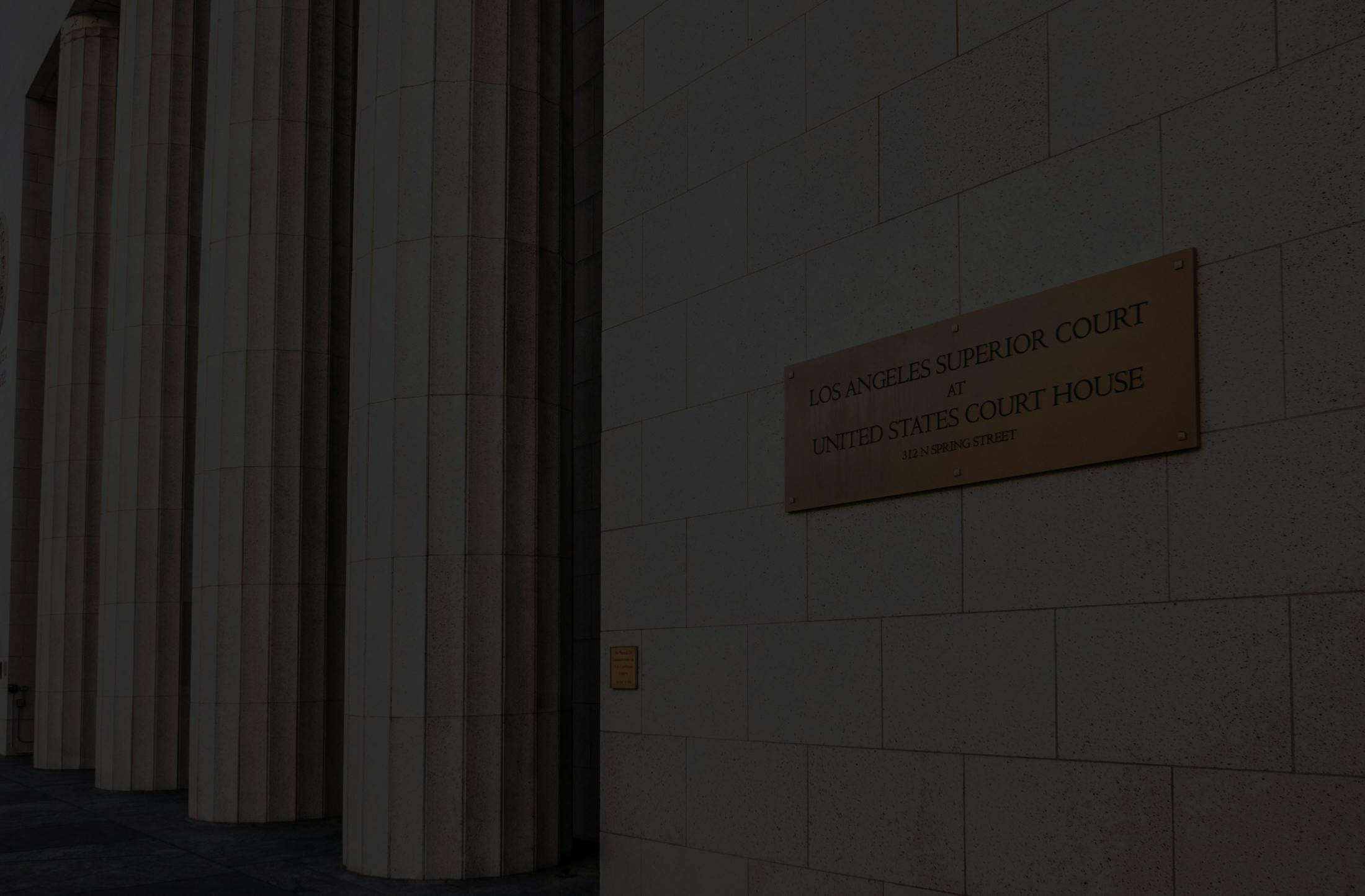While some employers may treat their workers unfairly, this treatment might not always be considered illegal according to California labor laws. KSJM can help you understand the difference between unfair and illegal workplace treatment.
Illegal Treatment
Treatment at work becomes unlawful when it crosses into specific, prohibited categories—such as discrimination or harassment based on protected characteristics (e.g., gender, race, religion, age, disability, national origin, or other bases covered by state and federal law).
For instance, if your employer singles you out because you belong to a protected group or punishes only those who exercise a legal right—like filing for workers’ compensation—this goes beyond “unfair” and may constitute illegal behavior.







